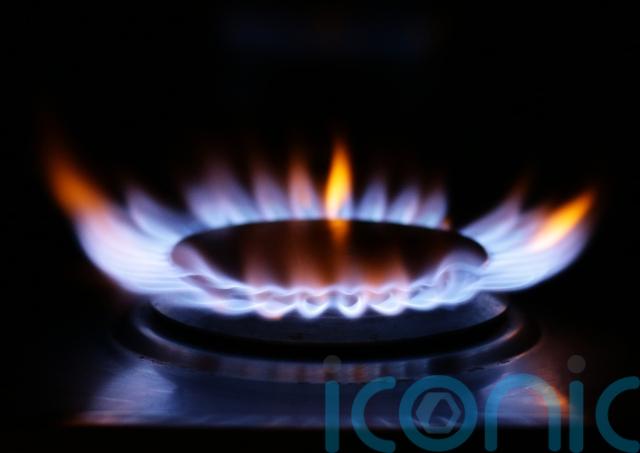
Households are building up “significant amounts” of energy debt and are juggling between paying for energy and food, a charity has warned.
The Saint Vincent de Paul charity (SVP) said there was a 20% increase in the number of people requesting assistance last year.
During December, its busiest time of the year, that meant the SVP received more than 1,200 requests for assistance every day.
Launching its report “Warm, Safe, Connected?” on Wednesday, the charity said that energy poverty affects people’s health.
“We hear especially from parents who are concerned about their children and the impact of living in a damp home on their children,” Issy Petrie, a research and policy officer for the SVP said.
“People have to cut back on their minimum essential needs and beyond turning down the heating or even turning off the heating, people worry about using hot water for a shower and using the cooker in the kitchen.”
The charity said that energy poverty is not evenly distributed across society, with low-income households, one-parent families, older households, people who are out of work due to ill health, migrant and ethnic minority households and most of the travelling community more severely affected.

“As we speak, we know that households are building up significant amounts of energy debt and depleted any resources such as savings,” she said.
Figures from the Survey on Income and Living Conditions indicate that there was a rise in the number of people who were unable to keep their home adequately warm last year, reaching more than 375,000 people, while almost 100,000 more people went without heating in 2022 to rising to more than 450,000.
The survey also indicated that there are 100,000 more people in utility arrears, rising to 469,000 in 2022.
The charity called for efforts to be made to prevent a surge in disconnections and also called for there to be a new agency to push forward policy practice in recognition of the different experiences of the energy market.
It also said standing charges on gas prepaid meters should be removed, “as these lead to people building up debt even when they’re not using gas”.
Amie Lajoie of the Money Advice and Budgeting Service (MABS) said that it has carried out a survey that indicates 93% of people said the cost-of-living crisis had had an impact on their health and wellbeing.
The survey, which is to be published in the coming weeks, also indicates that 49% had gone without food and 79% said they had gone without heating to save money.
Nat O’Connor of Age Action said that older people have less capacity to pay high prices than others, and said there should be awareness of that.
Subscribe or register today to discover more from DonegalLive.ie
Buy the e-paper of the Donegal Democrat, Donegal People's Press, Donegal Post and Inish Times here for instant access to Donegal's premier news titles.
Keep up with the latest news from Donegal with our daily newsletter featuring the most important stories of the day delivered to your inbox every evening at 5pm.